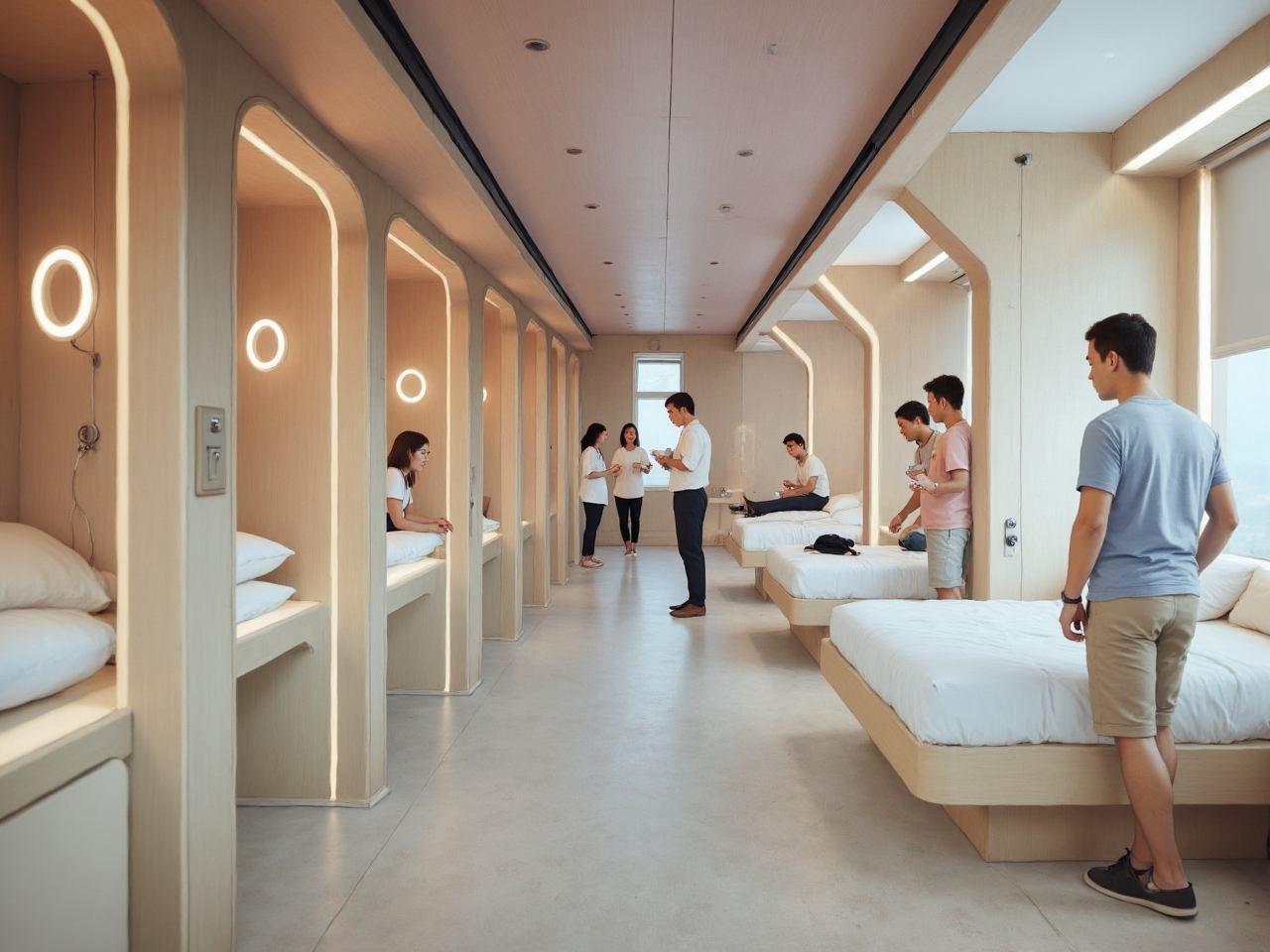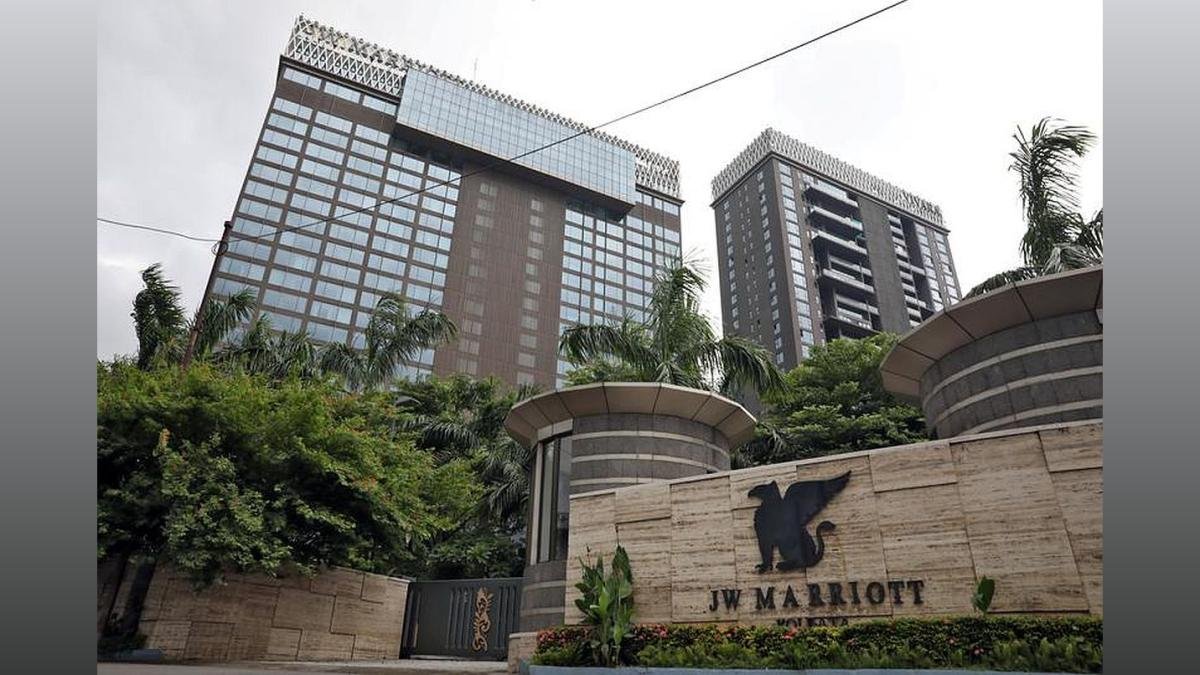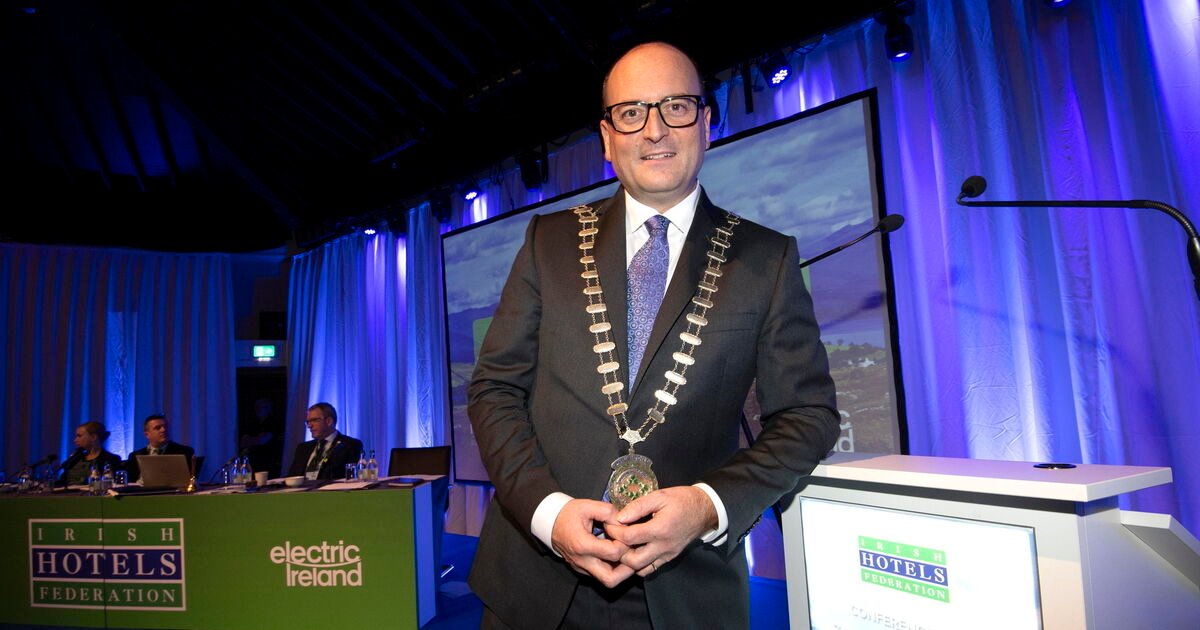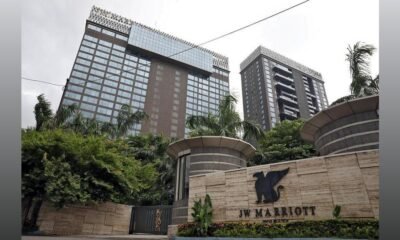Hotels & Accommodations
Capsule Hotels Rise in Singapore- A Smart, Affordable and Innovative Option for Travelers, Everything You Need to Know

Sunday, July 27, 2025
With the increasing cost of travel, today’s traveler is on a constant look out for value for money accommodation without having to give up comfort and style. The capsule hotels has found a happy place in cities like Singapore, where expensive accommodation is notoriously high. These hotels are tiny, cool spaces that provide affordable options for stylish travelers.
Trends in Affordable Travel
As the price of travel to popular locations increases, so does the demand for cheap places to stay. Singapore, one of the world’s most expensive cities to visit, is experiencing a boom in capsule hotels. Affordable and comfortable with a design-oriented touch, these are the hotels for solo travelers, younger tourist and budget backpackers. Its small rooms are aimed at travelers and Singaporeans wanting to visit but not spend the night, according to the Singapore Tourism Board.
Innovation in the Hospitality Industry
The capsule hotel has come a long way since it originated in Japan. Today’s capsule hotels have a glossy, modern design and come with assorted amenities. In Singapore, Cube Boutique Capsule Hotels have app-based offerings and shared spaces for guests to unwind or socialize. It is this mixture of novelty, convenience and comfort that separates capsule hotels from your standard budget accommodation. Featuring smart technologies and shared common areas, capsule hotels are transforming the idea of those cheap budget accommodation. In terms of simplicity and convenience, it would also be appreciated by travelers who’re looking for a little more social cohesion, as well.
Impact of Global Tourism Trends
International Travel Trends reveal the rise of Solo Travel and Millennial Tourism. According to the United Nations World Tourism Organization (UNWTO), tourists increasingly look for a place to stay that is in line with their needs for affordable, flexible lodging. Capsule hotels are a reflection of this demand as they provide no-frills, smart hotel accommodation that attracts the young generation. The increasing popularity of becoming a digital nomad and the demand for flexible living and working environments are also fuelling the growth of the capsule hotel as the perfect option for remote workers. Their options are ideal for budget travellers or those with a packed itinerary, ensuring guests concentrate on adventure and not forking out a fortune for a decent place to lay your head.
The Compact Hotel Model of the Future
As capsule hotels become increasingly popular, however, people wonder where this compact model can reach. The experts are of the opinion that the capsule hotels can work well in places beyond Southeast Asia. Capsule hotels are appealing for urban tourists who travel to expensive cities where affordable hotels are small and cramped. Due to space limitations and high rent of the cities, the capsule hotel is also another desirable options for many travelers. This model could quickly proliferate to major world cities, ameliorating space constraints in such densely packed urban areas, while providing an attractive, cost-effective alternative for travelers.
The Evolution of Capsule Hotels
The concept of a capsule hotel has gone a long way since it was first introduced in Japan in the 1970s. Originally conceived as no-frills housing, they have become more comfortable and private. In Singapore, these hotels have grown to encompass a blend of comfort, privacy and style and in so doing have become increasingly attractive to those travelers who might have otherwise stayed in regular hotels. This evolution mirrors what’s happening more broadly in the hospitality industry, too, where compact, efficient design is increasingly in demand, particularly in cities with high population density. As our expectations of travel have changed, so too have capsule hotels, providing a place to stay with form as well as function.
Conclusion
Capsule hotels are revolutionizing the cheap stay. At their cross-section, they offer an interesting time-saving option for those looking for cool, affordable digs. With global tourism industries taking yet another turn, the growing popularity of capsule hotels in cities such as Singapore, typifies the increasing move towards compact, efficient and intelligent living spaces as tourism operators look to cater for the masses with a shrinking cityscape. This momentum is not slowing and is shaping to be a bright future for capsule hotels on the global hospitality scene.
Hotels & Accommodations
“Only ate at 5-star hotels, still got 4 types of Salmonella”: American influencer explains why he fell sick in India, internet reacts

But not everyone’s convinced. And the internet is on fire.
‘White Tourists Come Here to Slum It’, An Indian Woman’s Video Started It All
It all began when an Indian woman posted a now-viral video slamming white travellers for “romanticising poverty” in India. She accused them of living in worse conditions than the country’s poor, just to go back and call India “pathetic.”
The YouTuber fired back with a post on X (formerly Twitter), saying he wasn’t “slumming it.” He was staying in 5-star hotels and still ended up catching four strains of Salmonella. “Only ate in 5-star hotels and still contracted 4 types of Salmonella,” he wrote. The reason? According to him, the hotel likely sourced eggs from a chicken farm next to a literal mountain of trash.
“Not Racist to Talk About Hygiene”
Tyler insisted that criticising India’s sanitation issues isn’t racism, it’s reality. “There are serious hygiene issues that must be addressed in India. It is NOT racist to address the poor quality of life most Indians are subjected to while the upper caste insulates themselves from reality,” he posted.
To back up his claims, he even attached medical reports proving his illness. But that didn’t stop the flood of angry comments calling him out for “defaming India.”
The $100-a-Night Argument
When people accused him of travelling on a budget, Tyler clarified: “The 5-star hotels were about $100 a night. It was budget travel relative to American standards.” He even took a dig at India’s wealth gap: “Ambani has a billion-dollar tower overlooking the slums. Your anger is misplaced,” he said.The internet remains divided. Some Indians echoed his concerns, saying it’s time India stops being defensive and starts fixing real problems. Others slammed him for reducing an entire country to a bad stomach bug.
Inputs from agencies
Hotels & Accommodations
Luxury Hotel Opening at Resort World Sentosa: Rediff Moneynews

Resort World Sentosa partners with Marriott to open The Laurus, a luxury hotel at Sentosa Island, Singapore, offering suites, dining, and spa.
The 183 all-suite hotel, ‘The Laurus’ — named after laurel leaves historically used to crown victors and honour achievements — will open by the end of the year.
“Our landmark collaboration with Marriott International to bring the very first The Luxury Collection branded property to Singapore further exemplifies our commitment to redefine luxury guest experiences. The Laurus, a luxury collection resort, embodies the very essence of our ongoing pivot to offer curated destination experiences as part of RWS’ transformational expansion plans,” Tan Hee Teck, Chief Executive Officer, RWS, said.
He said the new hotel will offer guests experience the Singapore’s rich heritage, the captivating beauty of Sentosa’s flora and fauna while experiencing RWS’ hallmark hospitality.
“The Laurus at RWS stands as a shining beacon, heralding a new era of exceptional luxury and hospitality, further cementing RWS’ esteemed status as Asia’s premium lifestyle destination resort,” he said.
According to Marriott International the tie-up is a milestone which reflects its commitment to the evolving luxury landscape of the island city.
“Drawing inspiration from Singapore’s storied past and rich cultural heritage, The Laurus, a Luxury Collection Resort, will celebrate the essence of the city, and we look forward to welcoming global explorers and collectors to experience Singapore’s captivating charm through the lens of our brand,” said Rajeev Menon, President, Asia Pacific excluding China, Marriott International.
The Laurus offers suites as well as courtyard spaces and a function room spanning across five floors, the company said, adding that the hotel will have a bar, a landscaped outdoor swimming pool and spa and all-day-dining concept restaurant.
Spanning 49 hectares, the hotel is home to world-class attractions like the Universal Studios Singapore, S.E.A. Aquarium, Dolphin Island and Adventure Cove Waterpark, it said.
Complementing the adventure and adrenaline of its theme parks and attractions are six unique luxury hotels, the premier Resorts World Convention Centre, and a casino.
The integrated resort also offers world-class entertainment from star-studded concerts to immersive exhibitions.
RWS is the first integrated resort to be inducted into the TTG Travel Hall of Fame in 2023 after being named “Best Integrated Resort” for 10 consecutive years at the TTG Travel Awards, which recognises the best of Asia-Pacific’s travel industry.
Hotels & Accommodations
Cork-based hotels president welcomes plans to cut vat rate

The Cork-based President of the Irish Hotels Federation has outlined that plans to cut Vat for the hospitality sector would be an important step to support the industry.
The comments from Michael Magner, who also owns the Vienna Woods Hotel in Cork, come following on from an interview on RTÉ Radio 1 with Minister for Enterprise, Tourism and Employment Peter Burke who defended government plans to cut Vat for the hospitality sector.
The current Programme for Government contains a commitment to reduce the Vat rate in the hospitality sector from 13.5% to 9%.
Speaking to , Mr Magner said the proposal would assist vulnerable food led businesses that have faced an uncertain future and rising cost challenges in recent years.
“The commitment from the Minister to stand over the commitment that is in the programme for government towards the reduction of the Vat rate to 9% is welcome.
“It is needed on the basis of the food sector. The cut in Vat hospitality is for food businesses. Therefore it doesn’t apply to hotel accommodation as is our understanding.
“The current government has been formed since the start of this year. With that, we see tourism and hospitality being moved into the Department of Enterprise, Trade and Employment.
“We now have a Minister in Peter Burke, who is really supportive of our industry and understands the complexities of the sector.
Mr Magner added that with the right policies and a positive businesses environment, he believes tourism and hospitality can have a positive future ahead.
“The isn’t a case of whereby businesses are trying to profiteer or return what could be seen as super normal profits.
“This is actually about ensuring businesses have a chance of survival and that is what it comes down to.”
-

 Brand Stories6 days ago
Brand Stories6 days agoBloom Hotels: A Modern Vision of Hospitality Redefining Travel
-

 Brand Stories1 day ago
Brand Stories1 day agoCheQin.ai sets a new standard for hotel booking with its AI capabilities: empowering travellers to bargain, choose the best, and book with clarity.
-

 Destinations & Things To Do7 days ago
Destinations & Things To Do7 days agoUntouched Destinations: Stunning Hidden Gems You Must Visit
-

 AI in Travel7 days ago
AI in Travel7 days agoAI Travel Revolution: Must-Have Guide to the Best Experience
-

 Brand Stories3 weeks ago
Brand Stories3 weeks agoVoice AI Startup ElevenLabs Plans to Add Hubs Around the World
-

 Brand Stories2 weeks ago
Brand Stories2 weeks agoHow Elon Musk’s rogue Grok chatbot became a cautionary AI tale
-

 Destinations & Things To Do1 day ago
Destinations & Things To Do1 day agoThis Hidden Beach in India Glows at Night-But Only in One Secret Season
-

 Asia Travel Pulse3 weeks ago
Asia Travel Pulse3 weeks agoLooking For Adventure In Asia? Here Are 7 Epic Destinations You Need To Experience At Least Once – Zee News
-

 AI in Travel3 weeks ago
AI in Travel3 weeks ago‘Will AI take my job?’ A trip to a Beijing fortune-telling bar to see what lies ahead | China
-

 Brand Stories3 weeks ago
Brand Stories3 weeks agoChatGPT — the last of the great romantics













You must be logged in to post a comment Login